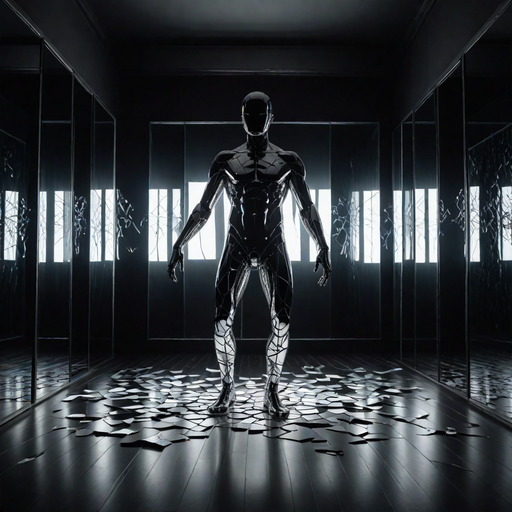
Why People Are Afraid to Admit They Have an Ego
Proudly written by Callan Hansen
June 24th, 2025
Most people don't wanna admit they have an ego. Not because they don’t know it deep down, but because saying it out loud cracks something open. Once you admit to having an ego, you’re basically admitting that the version of “you” that you’ve been showing the world is just a stitched-up story. And if that story isn’t the whole truth, what else isn’t?
It’s not just pride or arrogance we’re talking about here. Ego is deeper than that. It’s identity. It’s the voice that says “this is who I am,” and builds a whole reality around it. Job titles, political opinions, personal goals, spiritual beliefs, your entire worldview — all of it can be ego if you're not watching closely.
People fear admitting it because it unravels everything they’ve built. Most don’t want to realize that what they think of as “the real world” is actually a carefully maintained illusion. One that makes them feel in control. Safe. Right.
Because if ego isn’t real, and the version of reality it built isn’t either, then what’s left?
Just… presence. Stillness. The raw experience of being here with no mask. And for someone who's built their whole life on who they think they are, that can feel like death. Not physical death, but something deeper. The death of the person they thought they were.
That’s why most people stay in denial. It’s easier to blame others. To double down on being right. To keep chasing goals. To stay distracted. Because silence reveals too much.
And to be fair, the whole system we live in encourages this. School trains you to pick an identity and stick to it. Social media rewards it. Work demands it. Ego keeps the machine running. Without it, you might stop chasing, stop comparing, stop trying to prove anything.
You might just… be.
But once you’ve seen the ego, really seen it, you can’t unsee it. It gets harder to play pretend. And easier to let go. That doesn’t mean you become passive or lose your sense of self. It means you stop mistaking the mask for your face.
And that’s when life starts feeling real again. Not because you’ve figured it all out, but because you’ve stopped needing to.